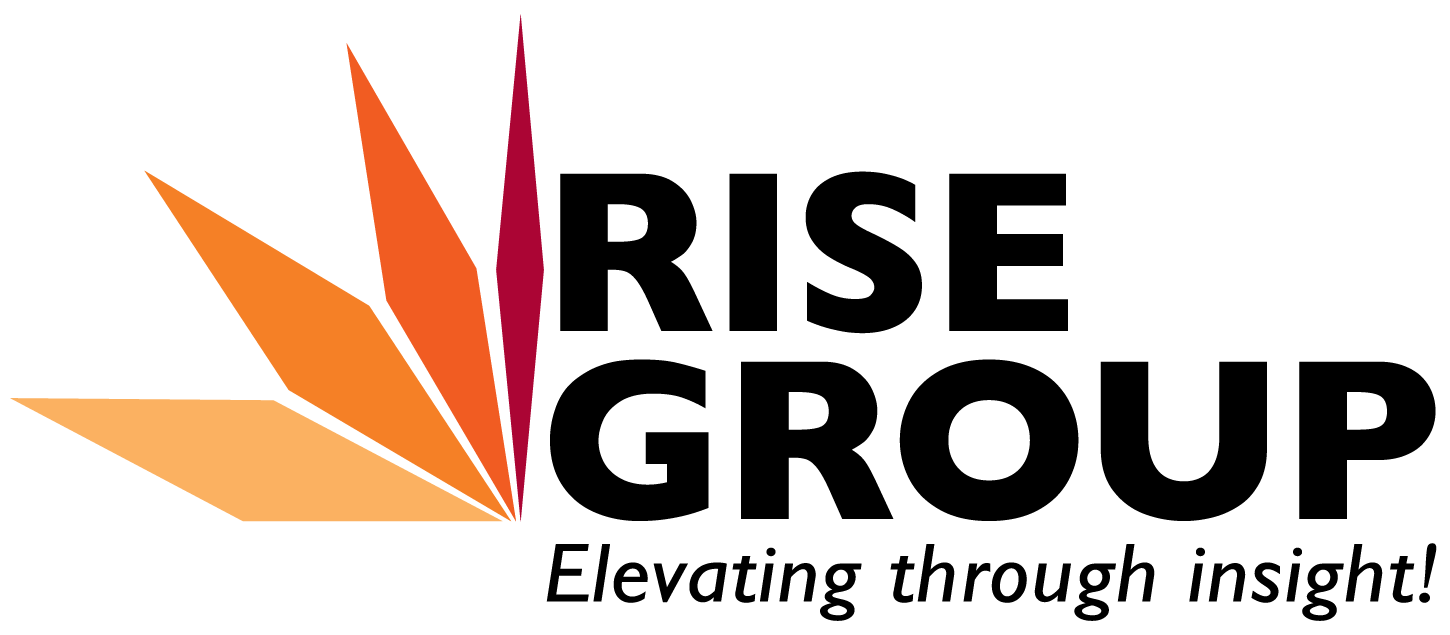DIY Surveys – Good Enough For Your Business?
When you think about surveys and research, there are so many tools on the market that allow you to create your own forms and surveys. It’s easy to put some questions together and send it out to see what will come back. However, doing so is often the equivalent of going out and grabbing a quick bite to eat at a fast-food restaurant. Sometimes that meets the need; you’re not in need of a huge meal, and it’s OK if it’s a little junkie. You know it’s not going to necessarily have a lot of nutritional value. It’s just a quick thing that you need to do to get information – to get out and move forward with your day.
But a diet of fast food alone is obviously going to have some side effects and potentially have negative impacts onto your body. And in a very similar way, if DIY research is the only tool that you’re going to use in order to get knowledge and information for your business there can be some negative long-term side effects. And just as it isn’t a bad thing to occasionally grab a fast-food meal, there are certainly times where a DIY survey can return quick, cheap results that are good enough for the question at hand. The trick is knowing when that will suffice, and when does your research need to be more thoughtfully executed and designed, ensuring that you’re talking to the right people and the right market? That you’re not just shooting from the hip or only hearing from a certain audience, leading you into confirmation bias?
There are a few things just to keep in mind that will help you decide whether or not going a DIY route is going to be good enough, or whether a research firm or consultant is going to be able to bring more value to the table:
Consider your audience
One of the first things to think about is your audience; is it a niche situation, or is it for more general population? Within each of those areas, what are the constraints around the audience? Do you only hear from specific types of people in certain industries and how difficult is it for you to reach these people and hear from them? A DIY survey often has few or no filters and goes out to the general population. At the same time, a DIY survey often provides no boundaries to prevent an unbalanced reply from certain parts of the population, skewing results. A professionally programmed survey can guarantee a balanced reply that can reach an audience as wide or as targeted as you need.
How experienced is your team in writing surveys?
The next thing to consider when deciding if a DIY survey will meet your needs is understanding well versed your team is in writing non-biased research questions and surveys. Is it something that you’ve done before, and do you understand how to reduce bias. To get the best data to inform your business, you want to be sure you don’t lead people to an answer. Does your team have any experience with programming surveys and things of that nature? Do you know when it’s best to use a multiple choice and how to decide how many answers to list versus when to use open ended statements? If no one on your team has the knowledge and experience to craft the survey, it can significantly impact the quality of the data you get back.
Can I afford a consultant?
Obviously, budget is something a lot of people are often worried about. Most are surprised to find that an expert consultant can run highly customized surveys without requiring gigantic sums of money. Often the expense is tied, not to the crafting, programming, and executing of a survey, but to the audience the survey is aimed at. If a survey doesn’t need to be aimed at only a specific geographic region, or to only people filling certain roles in a given industry, the cost is much lighter, even when having a professional consultant on your team to manage the survey itself.
What impact will this survey have to me?
A final thing that you need to think about is the level of importance the data that you get from the particular survey that you’re doing. If it’s going to have a high impact on the decisions you are making for your journey, you may want to think twice before executing it through a DIY service. When the risk-reward ratio is higher, it may not be the time to gamble that you will get back skewed or biased data that will lead to uninformed decisions. If, on the other hand, you are making a low-impact decision that doesn’t carry massive weight or financial implications for your business, the risk-reward ratio is much lower, and you may be able to experiment with the DIY opportunities available.
Bottom line, the higher the risk-reward ratio, the bigger and longer-lasting the impact the data you collect will have on your business, and the higher your need for clear, unbiased, relevant data. When it matters, that is the time to invest in research done right.
One Response
Comments are closed.
Give Us A Call
877-840-RISE ext. 700
Send Us A Message
info@risegroupinc.com
Office Location
318 Main Street Evansville, IN 47708

We are a knowledge and evaluation services firm transforming into insight. Our focus is partnering with clients to build better companies, communities, and a better world.
Certifications And Memberships




Copyright © 2023, Rise Group Inc. All rights reserved.






I must thank you for the efforts youve put in penning this site. I am hoping to check out the same high-grade blog posts by you in the future as well. In fact, your creative writing abilities has motivated me to get my very own blog now 😉